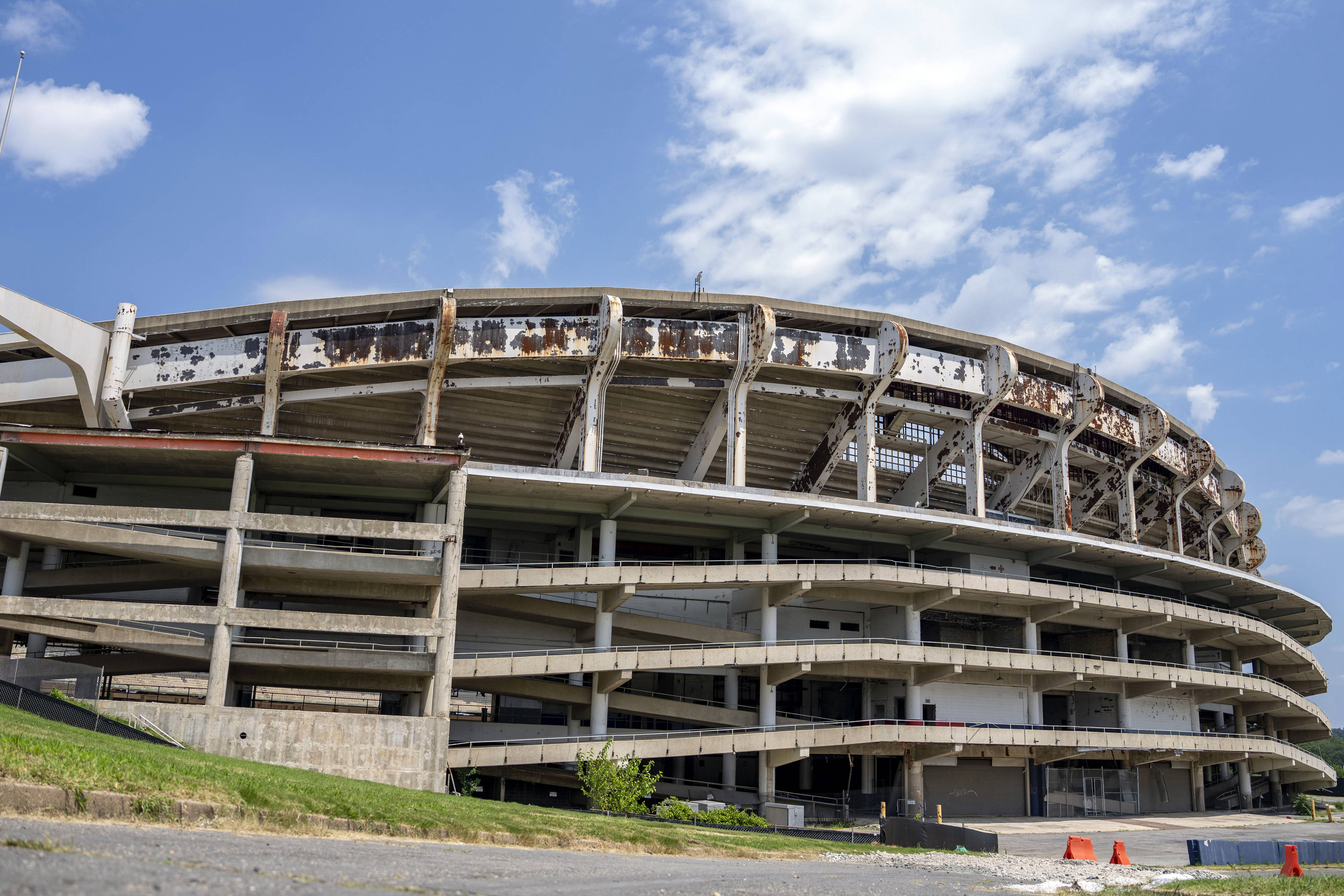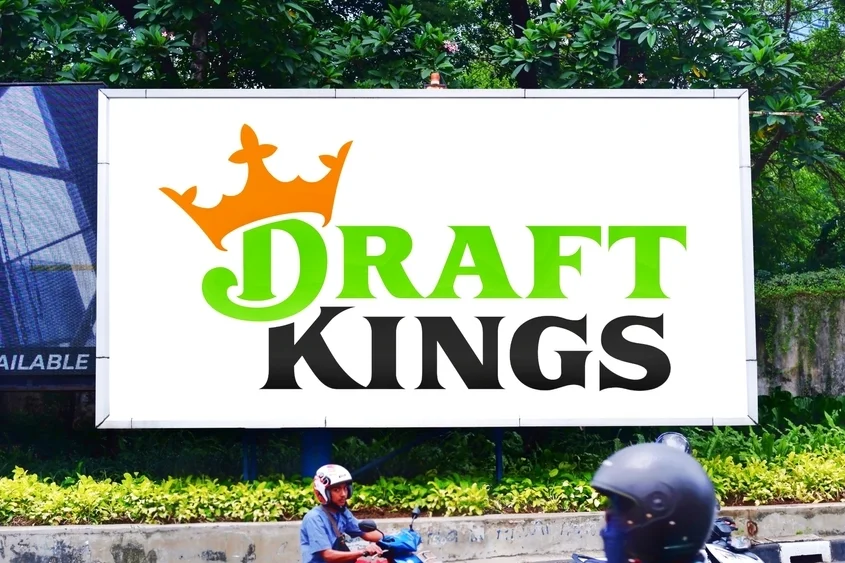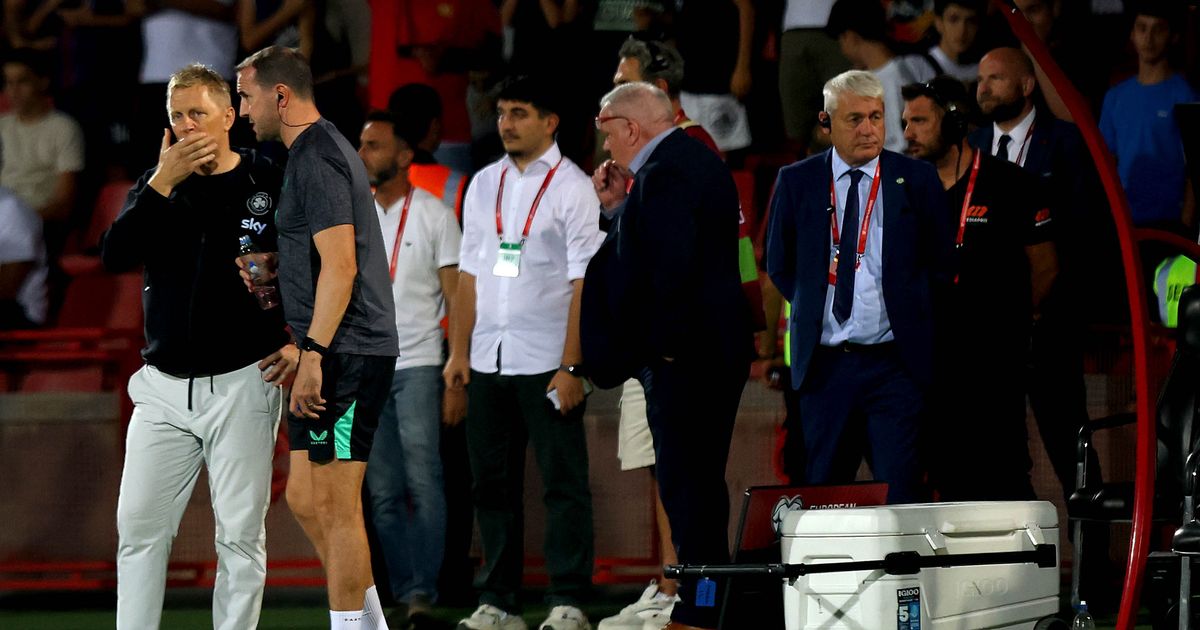Washington Commanders Make Official Announcement on RFK Stadium as Josh Harris Issues Return Timeline

A Maryland native himself, Washington Commanders owner Josh Harris grew up watching games at RFK and has long harbored the wish to bring the franchise home. And now, his plan for the same has cleared its final hurdle with the City Council, about five months since he announced the deal.
The Washington Commanders are officially heading back to the RFK site. On Wednesday, the D.C. Council voted 11–2 to approve a nearly $4 billion redevelopment deal. It will transform 180 acres along the Anacostia River into the franchise’s new home.
“Today is a historic day for D.C., the Commanders organization, and our fans. With the Council’s approval, we can now move forward on the transformative RFK project that will bring lasting economic growth for our city,” Harris said. The stadium is expected to break ground in 2026 and open in 2030, bringing Washington football back inside city limits for the first time since 1996.
ADVERTISEMENT
Article continues below this ad
“This achievement wouldn’t have been possible without the dedication and collaboration between Mayor Bowser, Chairman (Phil) Mendelson, the Council and the countless community, business and labor leaders whose voices and input helped shape the process every step of the way,” Harris added. The project will see investments from both the Commanders and the city.
ADVERTISEMENT
Article continues below this ad
The Commanders will invest $2.7 billion into the stadium and surrounding vertical development. The city will provide $1 billion to fund infrastructure improvements, utilities, a recreation facility, and parking garages. The venue will be a 65,000-seat, enclosed stadium, designed for year-round use and to host concerts and other events.
Fans know the history here. RFK hosted three Super Bowl-winning teams and some of the NFL’s loudest games in the 1980s and 1990s. Co-owner Mark Ein referenced that history in his statement, calling the deal “an extraordinary milestone.” He promised that it would create indelible lifelong memories just like the old RFK did.
There was no dearth of challenges, from political back and forth between two top DC officials to what the Commanders described as “last-minute new demands” from the Council. But all’s well that ends well. This deal puts Washington’s project among the most expensive in the league. However, Washington’s split is more balanced, a rare public-private partnership at this scale in the NFL.
Josh Harris signed one of the biggest stadium deals in NFL history
The split in investments between the Commanders and the city makes it one of the largest public-private stadium partnerships in league history.
Compare that to SoFi Stadium in Los Angeles, a $5.5 billion project entirely privately financed by Stan Kroenke. Or Allegiant Stadium in Las Vegas, which came in at $1.9 billion with a maximum of $750 million in public funding covering nearly 40% of the cost. The Commanders’ deal is closer to Las Vegas in terms of public contribution, but nearly doubles the total price tag.
ADVERTISEMENT
Article continues below this ad
Buffalo’s new stadium, set to open in 2026, had an initial estimated price tag of $1.54 billion, with $850 million coming from taxpayers. That total cost, however, has now risen to $2.1 billion. Meanwhile, Tennessee’s new Nissan Stadium, which is also valued at $2.1 billion, will be backed by the largest public funding for an NFL stadium—$1.2 billion in state and local bonds.
Washington isn’t just rebuilding RFK, it’s swinging for the fences. Josh Harris’ group is throwing in massive private money, matched by a billion-dollar public push. This is about turning D.C. into a year-round sports and entertainment capital. RFK isn’t just coming back. It’s aiming to be the crown jewel of the NFL’s East Coast footprint.



